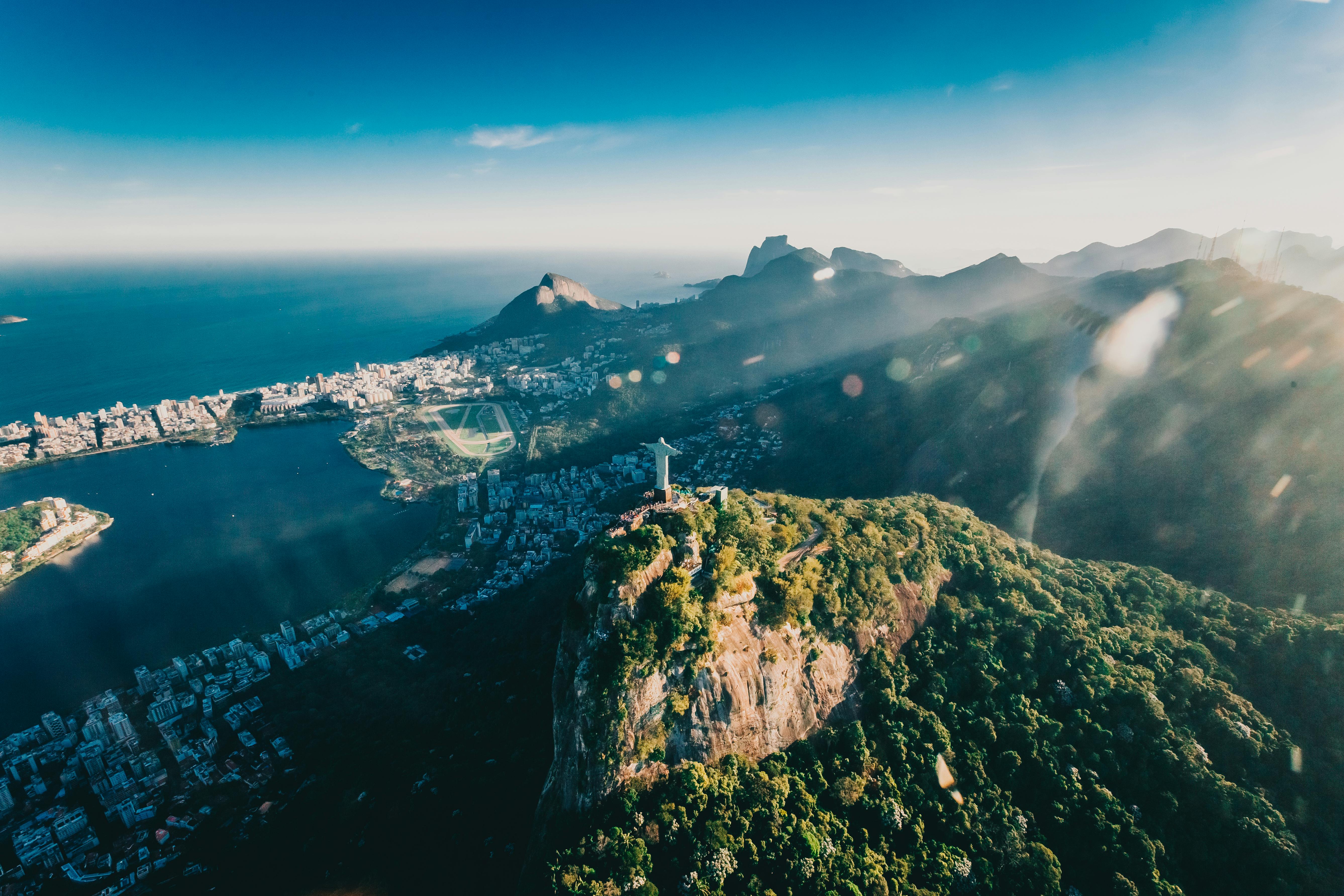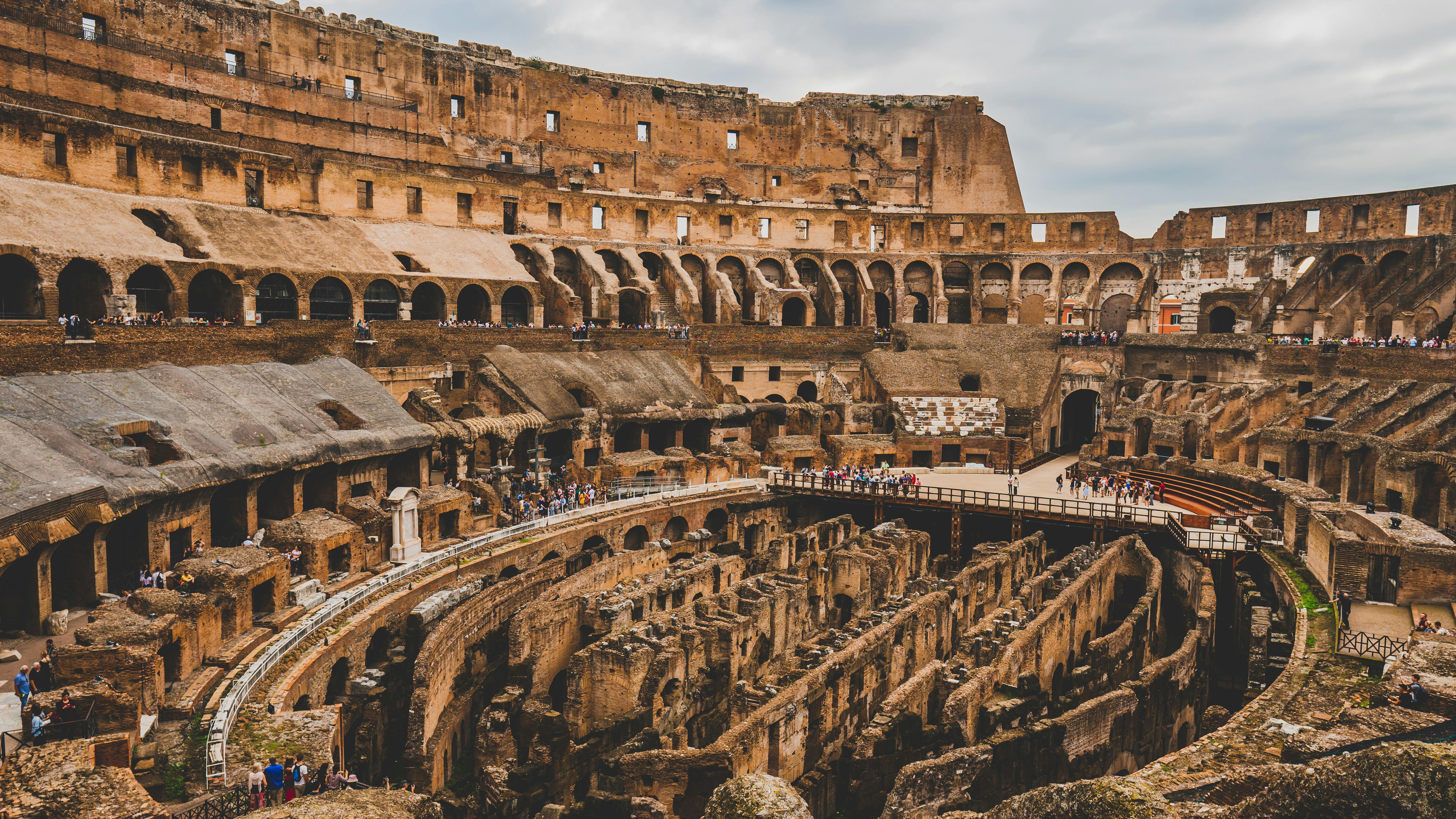Brazil's political landscape has undergone significant transformation in recent years, reflecting broader changes in society, economy, and global relationships. As Latin America's largest democracy navigates complex challenges, understanding the evolving political dynamics becomes essential for comprehending Brazil's future trajectory. This article examines the key trends, emerging forces, and critical issues shaping Brazil's current political environment.
Historical Context: Democracy's Winding Path
Brazil's modern democratic journey began with the end of military dictatorship in 1985, followed by the promulgation of the 1988 Constitution, often called the "Citizen Constitution" for its focus on civil liberties and social rights. The subsequent decades have seen the consolidation of democratic institutions, though not without significant challenges.
The political system that emerged featured a strong presidency balanced by a fragmented legislature, requiring coalition-building across numerous political parties. This system, while ensuring representation for diverse interests, has sometimes contributed to governance challenges and corruption vulnerabilities.
Recent political history has been marked by periods of stability interrupted by crises, including the impeachment of two presidents, large-scale corruption investigations, and sharp polarization. These events have tested Brazil's democratic institutions while also demonstrating their resilience.

Current Political Landscape: Beyond Traditional Divisions
Brazil's political spectrum has traditionally been organized along left-right ideological lines, with parties like the Workers' Party (PT) representing the left and various parties occupying center and right positions. However, recent years have seen this simple division complicated by new political forces and realignments.
"The traditional left-right divide remains important in Brazilian politics, but we're increasingly seeing other factors—like attitudes toward corruption, views on social issues, and positions on Brazil's global role—creating new political coalitions and cleavages."
— Dr. Fernanda Almeida, Political Scientist, University of Brasília
Several trends characterize the current landscape:
- The rise of issue-based politics alongside traditional partisan alignments
- Increased political engagement through digital platforms, changing how politicians connect with constituents
- Greater prominence of identity politics, including movements focused on racial equality, indigenous rights, and gender issues
- The emergence of new political forces that don't fit neatly into established categories
- Continuing debates about the appropriate role of government in the economy and society
These developments have created a more complex political landscape where traditional parties must adapt or risk being sidelined by newer political movements.
Institutional Evolution and Reform Debates
Brazil's political institutions continue to evolve, with ongoing debates about reforms to address perceived shortcomings in the current system.
Electoral System Reform
Brazil's open-list proportional representation system for legislative elections has been both praised for its representativeness and criticized for fragmenting the party system and weakening accountability. Recent reforms have established electoral thresholds to reduce party proliferation, but debates continue about more fundamental changes.
Judiciary Independence and Activism
The Brazilian judiciary, particularly the Supreme Federal Court (STF), has played an increasingly prominent role in national politics. This judicial activism has raised questions about the proper balance between branches of government while also serving as an important check on executive and legislative power.
Federalism and Local Governance
Brazil's federal system distributes power among the national government, 26 states, the Federal District, and over 5,500 municipalities. Recent crises, including the COVID-19 pandemic, have highlighted both the strengths and weaknesses of this arrangement, prompting discussions about potential reforms to fiscal federalism and intergovernmental coordination.

Key Political Issues Shaping Brazil's Future
Several critical issues are likely to dominate Brazil's political agenda in the coming years, influencing both domestic politics and international relations:
Economic Development and Inequality
Brazil remains one of the world's most unequal countries despite progress in reducing poverty during the early 2000s. Debates about economic policy focus on balancing fiscal responsibility with social investment, industrial policy, tax reform, and measures to address persistent inequality.
Environmental Policy and Sustainable Development
As home to most of the Amazon rainforest, Brazil plays a crucial role in global climate efforts. Environmental policy has become increasingly politicized, with tensions between development interests and conservation priorities. The international community's focus on Brazil's environmental management has also made this a key issue in foreign relations.
Public Security and Criminal Justice
Brazil continues to face significant public security challenges, with high homicide rates and organized crime presence in many urban areas. Approaches to policing, criminal justice reform, and addressing root causes of violence remain contentious political issues, with different political factions advocating contrasting solutions.
Digital Governance and Misinformation
Like many democracies, Brazil is grappling with the implications of digital transformation for political processes. Recent elections have featured intense debates about misinformation, the role of social media platforms, and appropriate regulatory responses. These issues intersect with broader questions about freedom of expression and democratic resilience.

Brazil in the International Arena
Brazil's foreign policy has historically emphasized multilateralism, regional integration, and South-South cooperation. However, recent years have seen fluctuations in these priorities as different administrations have pursued varying approaches to international engagement.
Current debates in Brazilian foreign policy include:
- Balancing relationships with traditional partners like the United States and Europe against growing ties with China and other emerging powers
- Brazil's role in regional leadership within South America and Latin America
- Engagement with global governance on issues like climate change, trade, and human rights
- The appropriate level of economic openness and integration with global markets
These international considerations interact with domestic politics, as different political factions advocate divergent visions of Brazil's global role and interests.
Civil Society and Grassroots Movements
Beyond formal political institutions, Brazil has a vibrant civil society that significantly influences the political landscape. Social movements focused on issues like racial justice, LGBTQ+ rights, environmental protection, and indigenous rights have gained prominence and political influence.
These movements often operate outside traditional party structures while still shaping political debates and electoral outcomes. Digital platforms have amplified their voices, allowing for rapid mobilization and new forms of political participation that complement and sometimes challenge conventional political processes.
The relationship between these movements and established political parties remains complex and evolving, with varying degrees of cooperation, co-optation, and contestation.
Looking Ahead: Trends and Possibilities
Brazil's political future will be shaped by several intersecting trends:
Demographic Shifts
Brazil's changing demographics—including an aging population, urbanization, and evolving racial identification patterns—will influence political preferences and priorities. Younger generations of Brazilians often have different political attitudes than their predecessors, potentially reshaping political coalitions.
Technological Change
Digital technologies will continue transforming political communication, organization, and participation. While creating opportunities for broader engagement, these changes also present challenges related to information quality, polarization, and cybersecurity.
Institutional Adaptation
Brazil's political institutions will need to adapt to changing social realities and expectations. The ability of these institutions to evolve while maintaining stability will significantly influence Brazil's democratic trajectory.

Conclusion: Democracy's Continuing Journey
Brazil's political landscape reflects both the achievements and ongoing challenges of its democratic project. While the country has built robust democratic institutions that have weathered significant tests, it continues to grapple with deep structural issues including inequality, violence, and corruption.
The coming years will likely see further evolution as Brazil navigates complex domestic and international challenges. The resilience of its democratic institutions, the emergence of new political voices, and the capacity to build consensus around critical national priorities will determine whether Brazil can fulfill its potential as both a regional leader and global player.
For citizens, observers, and partners of Brazil, understanding these political dynamics is essential for anticipating the country's future direction and engaging constructively with Latin America's largest democracy.



